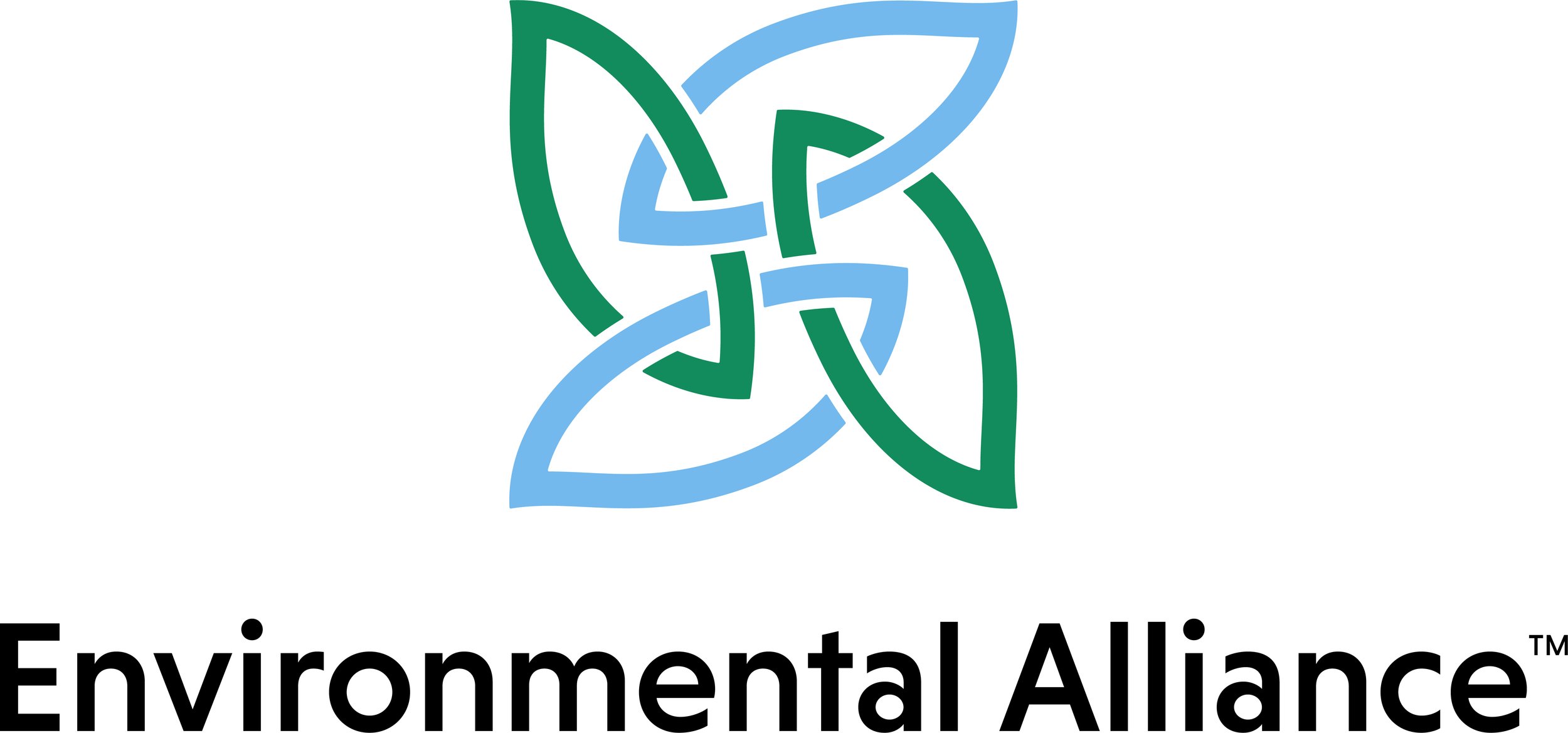In the News
Avid hiker works to raise awareness about increasing litter in Great Smoky Mountains
December 8, 2020 - The Great Smoky Mountains National Park was named the most visited national park in 2019 after 12.5 million visitors flocked to the mountains. The latest data from September shows 8.4 million visitors so far this year. More people in the park means more litter, though. So, one local man is trying to raise awareness about accumulating litter in the park. Most visitors can find Benny Braden in or around the Smokies most days.
Usually, he's hiking and exploring. Recently, he has been cleaning up the trails instead.
TOTAL REACH FOR World CleanUp Day and EARTH DAY APPROACHING 50 MILLION PARTICIPANTS
December 8, 2020 - Total reach of primary cleanup organizations is approaching 50 million. A group of scientists recently called for between 400 and one billion volunteers to curb plastic waste entering the environment. The number of cleanup volunteers have been rising dramatically since 2010 of about one million. “The combined efforts of World CleanUp Day, Earth Day, National CleanUp Day, and Ocean Conservancy and direct efforts of over 30,000 organizations globally is not enough. Volunteers in 2021 are expected to grow to almost 50 million in 2021.” says Bill Willoughby of National CleanUp Day. “Plastic does not biodegrade and once it’s in the fluvial or marine environment, it will be there for hundreds to thousands of years” according to Steve Jewett of CleanUps.org A group of global scientists from SESYNC and the University of Toronto, says that a multi-pronged approach is required to avoid a plastic future. Reducing plastic waste, better waste management and up to one billion cleanup and recovery volunteers are all required to reduce waste to less than eight million tons annually. That amount is still too high, the researchers say. “By 2030, we could have between 20 and 53 million tons reaching the ocean annually.
You’re eating a horrifying amount of plastic and didn’t even know it
December 8, 2020 - Care about saving the planet from plastic pollution? Then stop putting your money where your mouth is.
Literally — because environmentalists warn that humans may be consuming the equivalent of one credit card per week, or about 5 1⁄4 grams of plastic.
Human-made materials may now outweigh all living things on Earth, report finds
December 9, 2020 - The year 2020 could be the year when human-made mass surpasses the overall weight of biomass -- estimated to be roughly 1,100,000,000,000 tons, or 1.1 teratons -- a milestone scientists say speaks to the enormous impact that humans have had on the planet.
The analysis was published Wednesday in the scientific journal Nature, and was conducted by a group of researchers from Israel's Weizmann Institute of Science.
Shipping Industry Joins First Effort Mapping Ocean Pollution
December 7, 2020 - A first of its kind effort is uniting technology and the resources of the shipping industry to collect pollution data and build comprehensive maps designed to inform and empower government and NGO environmental efforts. Launched by the not-for-profit organization Eyesea, seafarers, ship owners, managers and maritime professionals are pledging to support the initiative collecting data that Eyesea will process and analyze.
Coca-Cola, Pepsi and Nestlé named top plastic polluters for third year in a row
December 7, 2020 - Coca-Cola, PepsiCo and Nestlé have been accused of “zero progress” on reducing plastic waste, after being named the world’s top plastic polluters for the third year in a row.
Coca-Cola was ranked the world’s No 1 plastic polluter by Break Free From Plastic in its annual audit, after its beverage bottles were the most frequently found discarded on beaches, rivers, parks and other litter sites in 51 of 55 nations surveyed. Last year it was the most frequently littered bottle in 37 countries, out of 51 surveyed.
COVID trash is adding to Bay Pollution
November 25, 2020 - Every year, the first major rainfall flushes a big pulse of trash pollution from our streets into the nearest creeks and San Francisco Bay. But this year COVID masks and gloves are adding an even bigger toxic load. Discarded personal protective equipment, or PPE, is another impact from the pandemic, and a mounting threat to our environment.
A pandemic side effect: Used masks polluting California coastal waters
December 11, 2020 - There is the economic crash, the education gap, the depression of solitary life. Now another unwelcome and potentially enduring side effect of the coronavirus pandemic has emerged: the masks, gloves, disinfectant wipes and other items of “personal protective equipment” meant to save lives are also polluting the environment.
TINY BUT DEADLY: CIGARETTE BUTTS ARE THE MOST COMMONLY POLLUTED PLASTIC
August 28, 2020 - Cigarette butts are small and tend to go unnoticed but they are hiding almost everywhere. Contrary to what many believe, cigarette butts are not harmless. They are made of cellulose acetate, a man-made plastic material, and contain hundreds of toxic chemicals. While cigarette filters, or the plastic part of butts, can take up to 10 years to completely degrade, the chemicals they release can remain in the environment for many more years beyond the life of the cigarette butt itself.
The problem with plastics: Production outpacing efforts to keep it out of rivers, oceans
October 27, 2020 - No matter what hypothetical the researchers punched into the module to reduce plastic production and increase global waste management, the conclusion was the same: The production of plastic worldwide continues to drastically outpace efforts to reduce it.
Even with ambitious and rigorous global standards of recycling, managing and reducing waste, the amount of plastic produced around the world could grow to six times the current amount by 2030, the researchers found.










